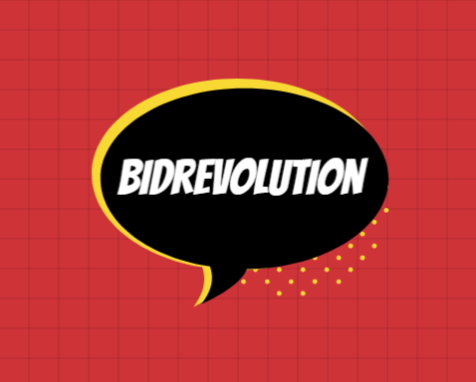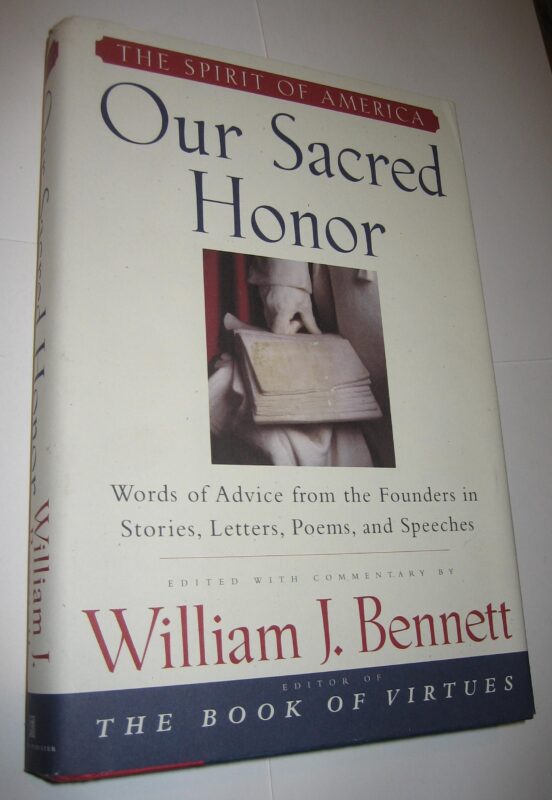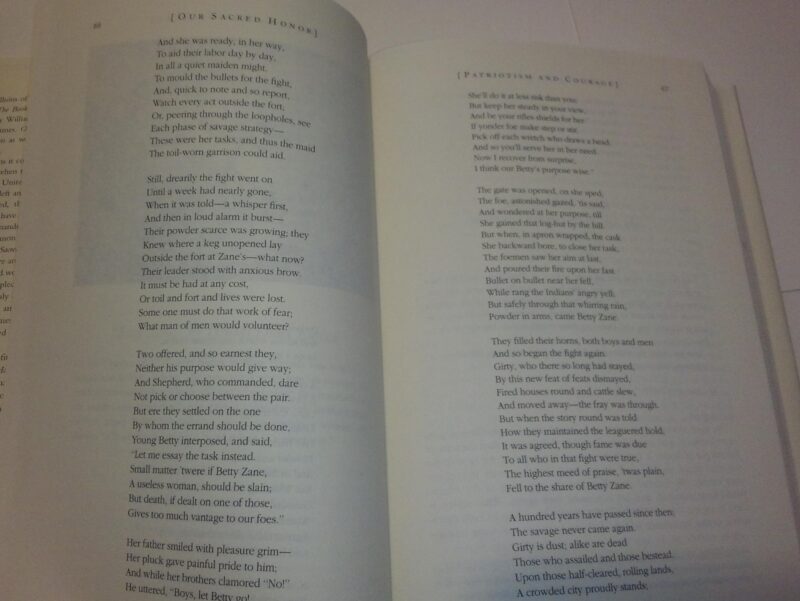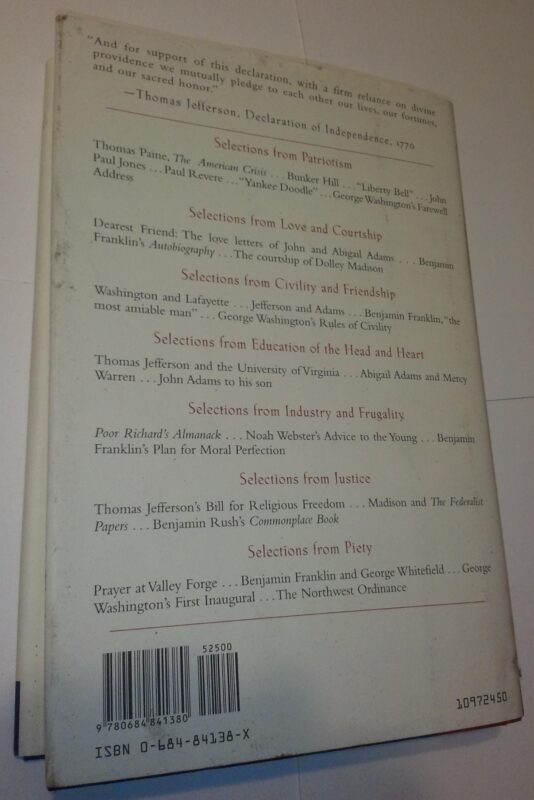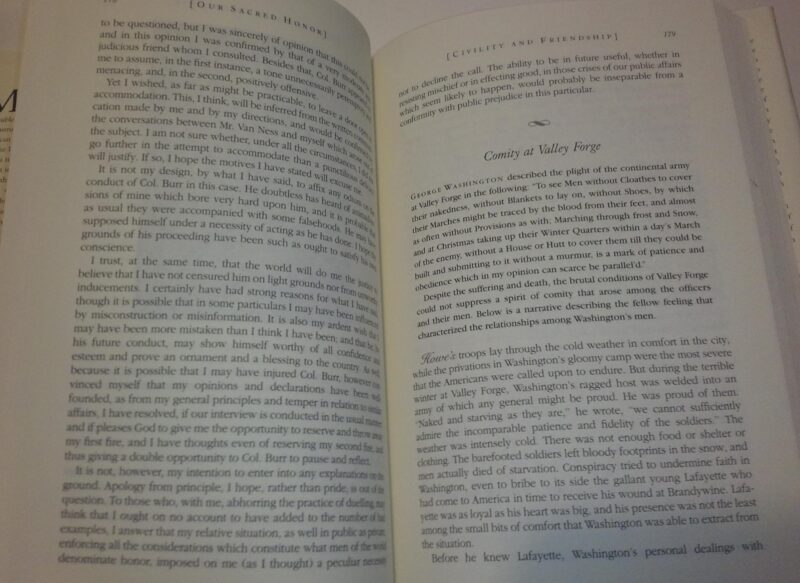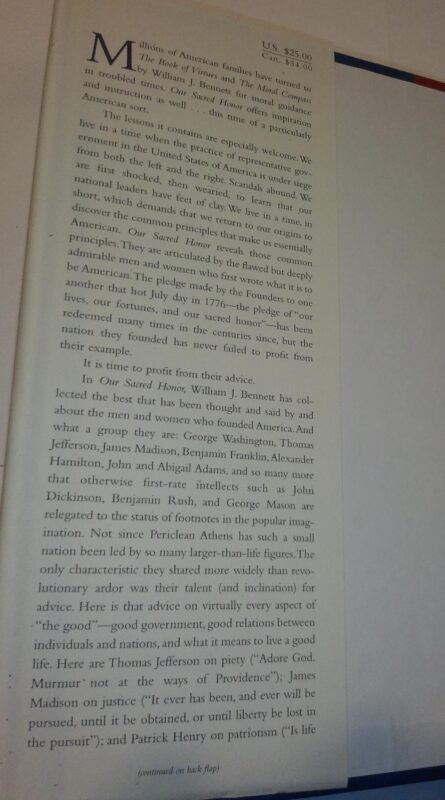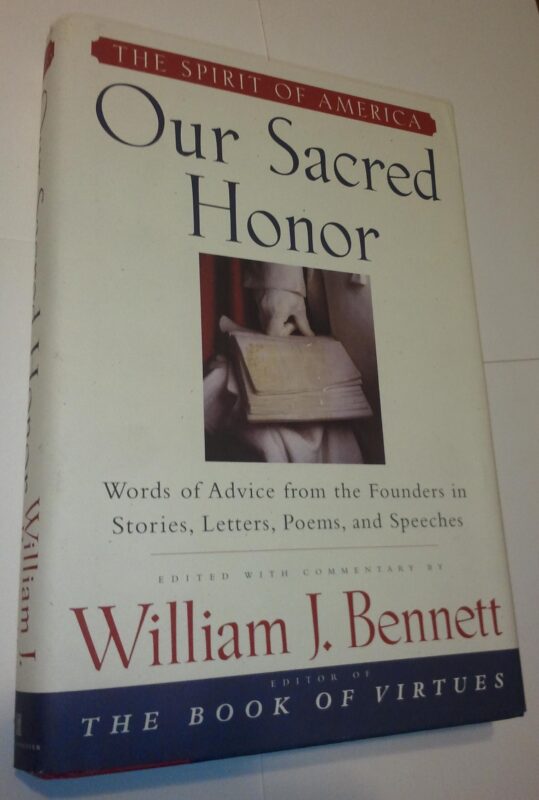Our Sacred Honor HC Advice from the Founders Willian J Bennett Simon & Shuster 1997
$49.99
Description
Our Sacred Honor: Words of Advice from the Founders in Stories, Letters, Poems, and Speeches Hardcover
by William J. Bennett (Editor)
Millions of American families have turned to The Book of Virtues and The Moral Compass by William J. Bennett for moral guidance in troubled times. Our Sacred Honor offers inspiration and instruction as well…this time of a particularly American sort.
The lessons it contains are especially welcome. We live in a time when the practice of representative government in the United States of America is under siege from both the left and the right. Scandals abound. We are first shocked, then wearied, to learn that our national leaders have feet of clay. We live in a time, in short, which demands that we return to our origins to discover the common principles that make us essentially American. Our Sacred Honor reveals those common principles. They are articulated by the flawed but deeply admirable men and women who first wrote what it is to be American. The pledge made by the Founders to one another that hot July day in 1776—the pledge of “our lives, our fortunes, and our sacred honor”—has been redeemed many times in the centuries since, but the nation they founded has never failed to profit from their example.
It is time to profit from their advice.
In Our Sacred Honor, William J. Bennett has collected the best that has been thought and said by and about the men and women who founded America. And what a group they are: George Washington, Thomas Jefferson, James Madison, Benjamin Franklin, Alexander Hamilton, John and Abigail Adams, and so many more that otherwise first-rate intellects such as John Dickinson, Benjamin Rush, and George Mason are relegated to the status of footnotes in the popular imagination. Not since Periclean Athens has such a small nation been led by so many larger-than-life figures. The only characteristic they shared more widely than revolutionary ardor was their talent (and inclination) for advice. Here is that advice on virtually every aspect of “the good”—good government, good relations between individuals and nations, and what it means to live a good life. Here are Thomas Jefferson on piety (“Adore God. Murmur not at the ways of Providence”); James Madison on justice (“It ever has been, and ever will be pursued, until it be obtained, or until liberty be lost in the pursuit”); and Patrick Henry on patriotism (“Is life so dear, or peace so sweet, as to be purchased at the price of chains and slavery?”). Here are Abigail Adams on love (“When he is wounded, I bleed…”); Benjamin Franklin on industry (“Have you somewhat to do tomorrow, do it today”); and George Washington on friendship (“Be courteous with all, but intimate with few”). Here are the lyrics to “Yankee Doodle,” Longfellow’s celebration of the midnight ride of Paul Revere, and the Declaration of Independence. Here are the stories of the Liberty Bell, Washington at Valley Forge, and Nathan Hale. Here are selections from The Federalist Papers, and Ralph Waldo Emerson’s “Concord Hymn,” with “the shot heard round the world.” Here are Poor Richard’s Almanack, the extraordinary correspondence between John and Abigail Adams, and George Washington’s Farewell Address.
The stories, songs, letters, and speeches collected in Our Sacred Honor are an inspiring celebration of American exceptionalism, produced by a collection of exceptional Americans. It is the best book of advice in more than two hundred years.
Hardcover: 432 pages
Publisher: Simon & Schuster
The indefatigable Bennett (The Moral Compass, 1995, etc.) continues his campaign to inculcate the old values into Americans generally–and young Americans more particularly–this time out by gathering selections from the writings of the generation that secured America’s independence. The brief excerpts, drawn from speeches, letters, poems, and memoirs by both little-known patriots and by such luminaries as Benjamin Franklin, John and Abigail Adams, George Washington, and Thomas Jefferson, are divided into such categories as “Patriotism and Courage,” “Civility and Friendship,” “Justice,” and “Piety.” Bennett says that the volume is intended to allow Americans to “see both our patrimony and our basic civic obligations; to keep our country safe and to hold our purpose high.” There’s no doubt that many of these passages are stirring and persuasive. But despite Bennett’s brief introductory essays, the excerpts seem too fragmentary, and too admonitory, to be entirely compelling, and the larger context of the 18th century–a period of intense and but complex thought–is absent. Still, given the current enthusiasm for Bennett’s crusade, the book is likely to be widely circulated.
Our form of government has been the most lasting, widespread innovation in modern history. As wonderful as that is, in many ways it is even more wonderful to return to the frame of mind and the values that engendered this invention. Although (as Bill Bennett rightly points out) our founding Fathers (and Mothers) often fell far short of their own ideals and were profoundly skeptical about the potential of people to do the right thing, they also aspired to a kind of virtue on Earth that combined true nobility of spirit and deed with good relations towards others.
Bennett has put these ideals into the following categories: patriotism and courage; love and courtship; civility and friendship; education of the head and heart; industry and frugality; justice; and piety. You can dip your inquisitive toe into any of these, whenever you want. …. I suggest that in addition to buying a copy for yourself, that you plan to give this book as a gift to your children and grandchildren as they reach the age when they will begin to make important moral choices for themselves. …. In most cases, I felt like the material here was stating timeless principles that do apply today ….
Bennett does a nice job as editor in explaining the context of each passage. His love of these people, these ideals, and these words is obvious. It will move you. And hopefully inspire you to follow the good advice in those words.
Nicely done, Bill Bennett! This is a good use of history . . . to help us learn not to repeat the mistakes of the past needlessly.
Book is in near mint condition. Dust jacket has picked up some dust, mainly on the back. 0-684-84138-X.
0-892963883
Few stains on back of dust jacket, otherwise near mint. 1st printing.
Related products
-
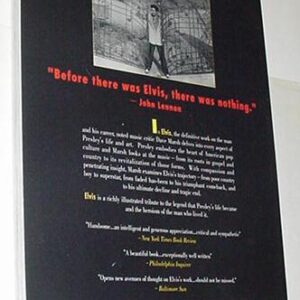
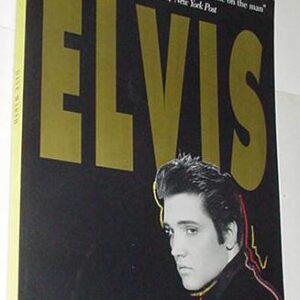
Elvis SC by Dave Marsh Thunder’s Mouth Press NM Condition
$49.99 Add to cart -
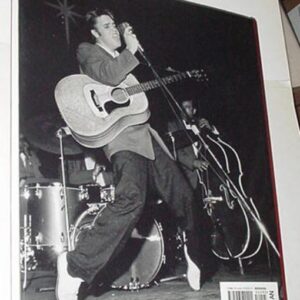
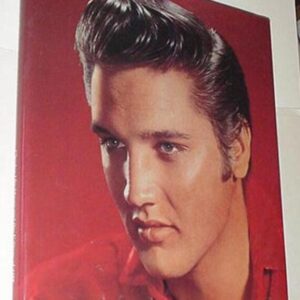
Elvis A Celebration in Pictures HC Warner Charles Hirshberg Life Magazin Presley
$59.99 Add to cart -
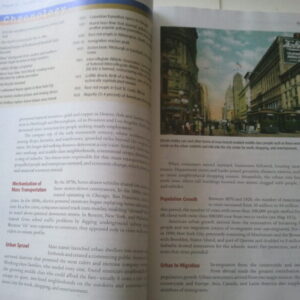
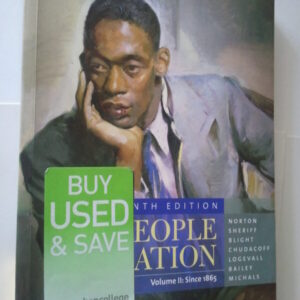
A People & A Nation Vol 2: Since 1865 Brief 9th Edition SC Norton Sheriff Blight Chudacoff
$69.99 Add to cart -

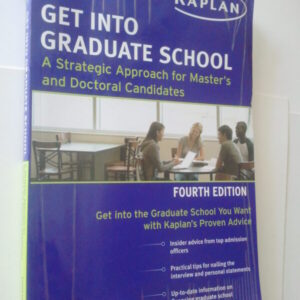
Get Into Graduate School 4th Edition SC Kaplan 2011
$39.99 Add to cart
